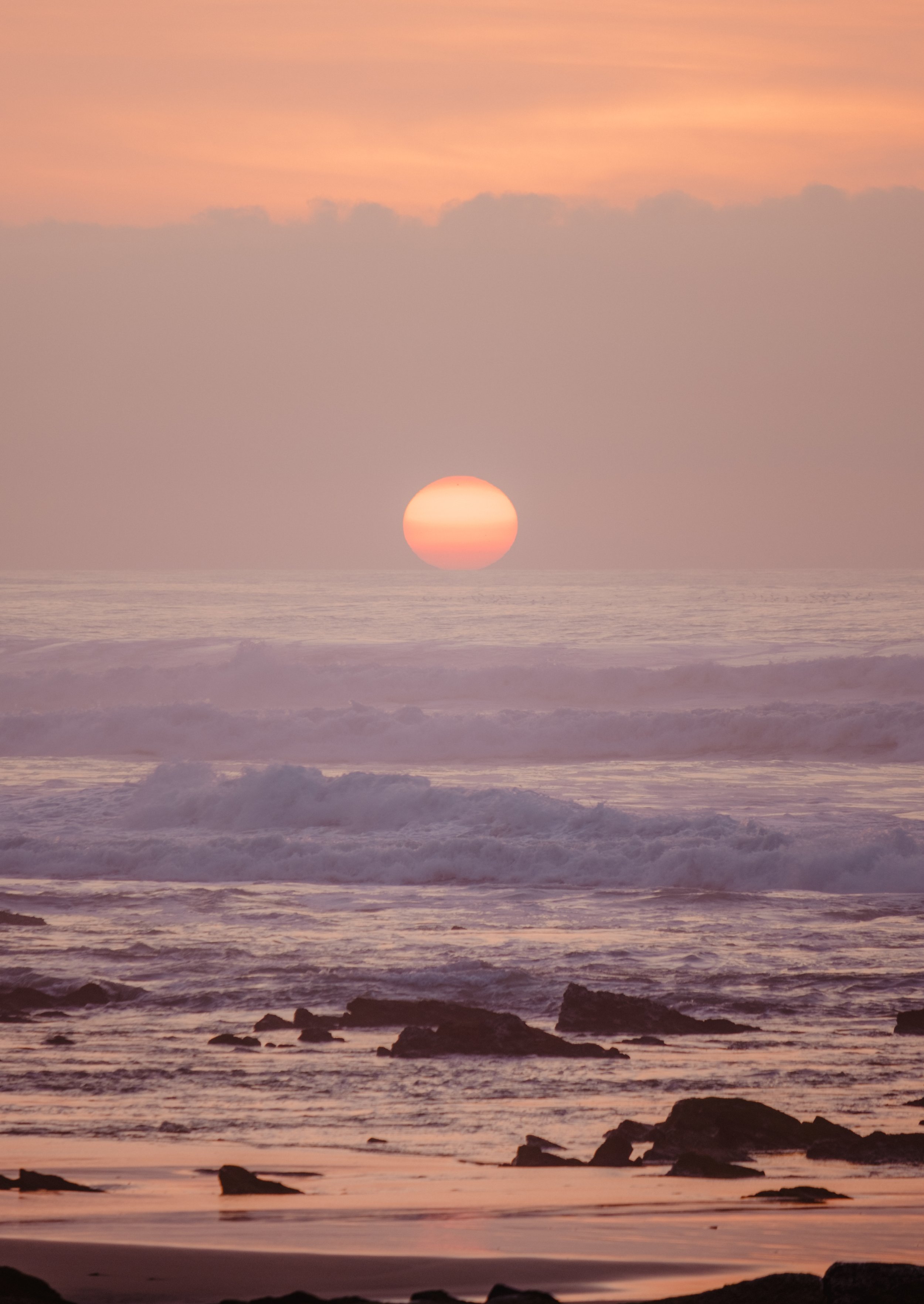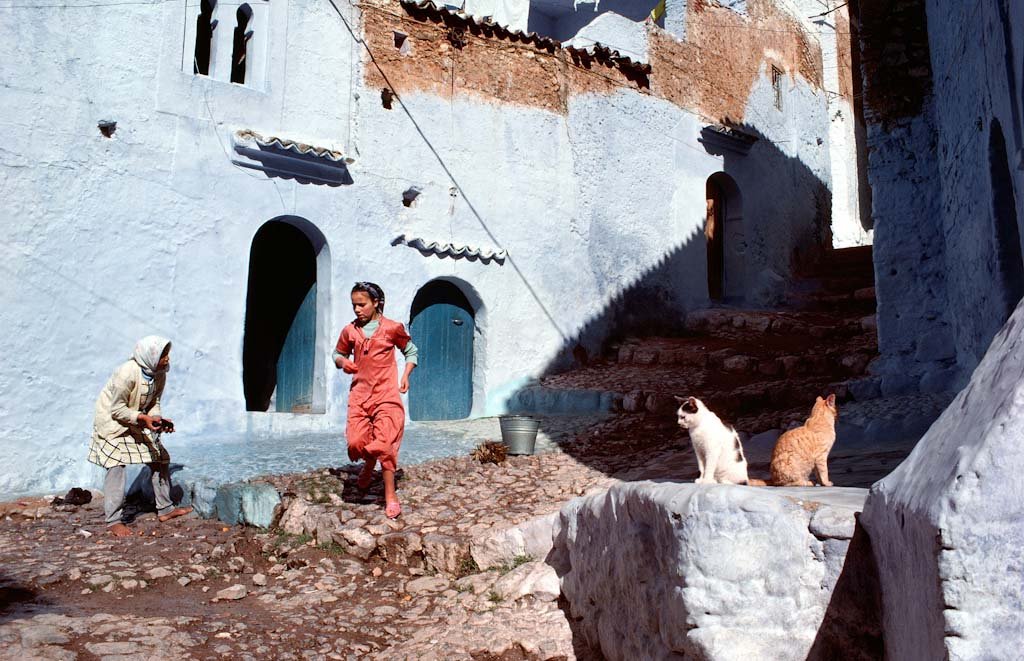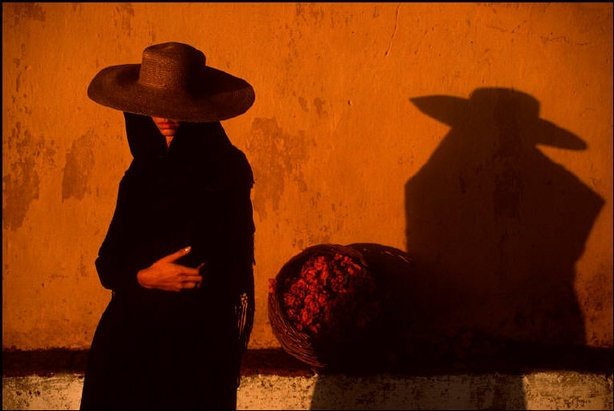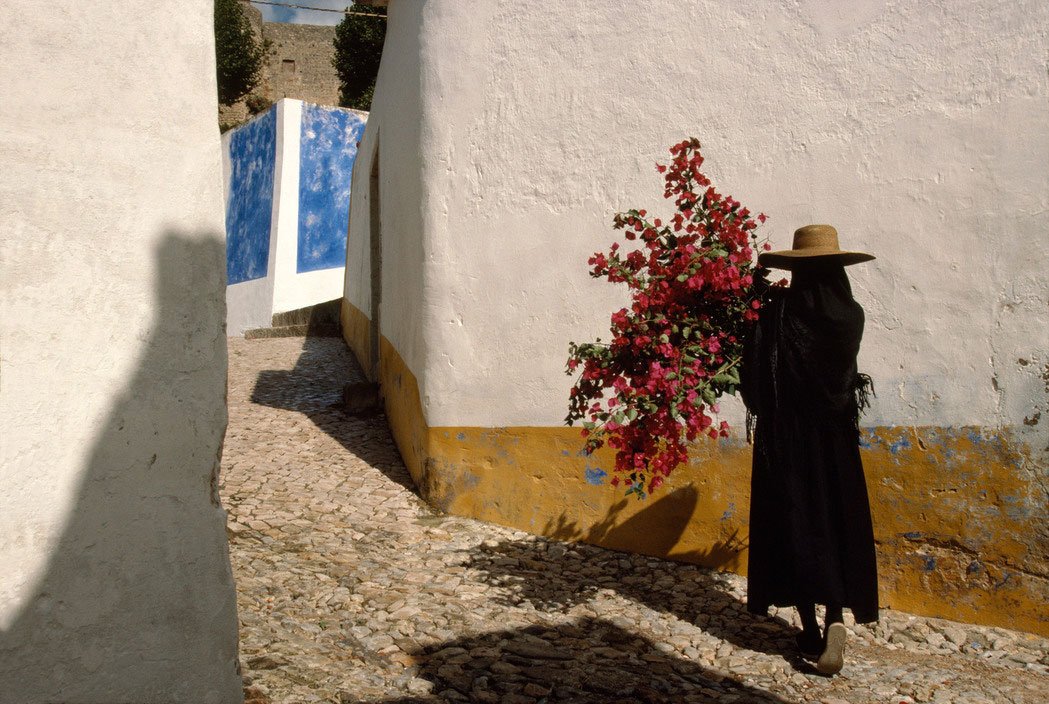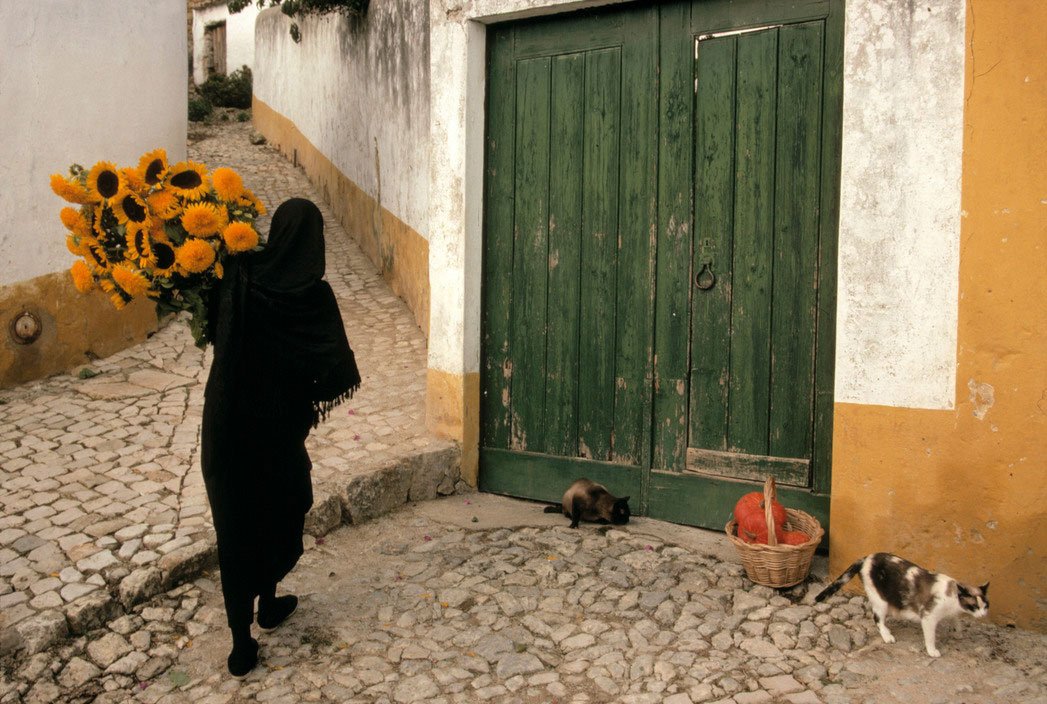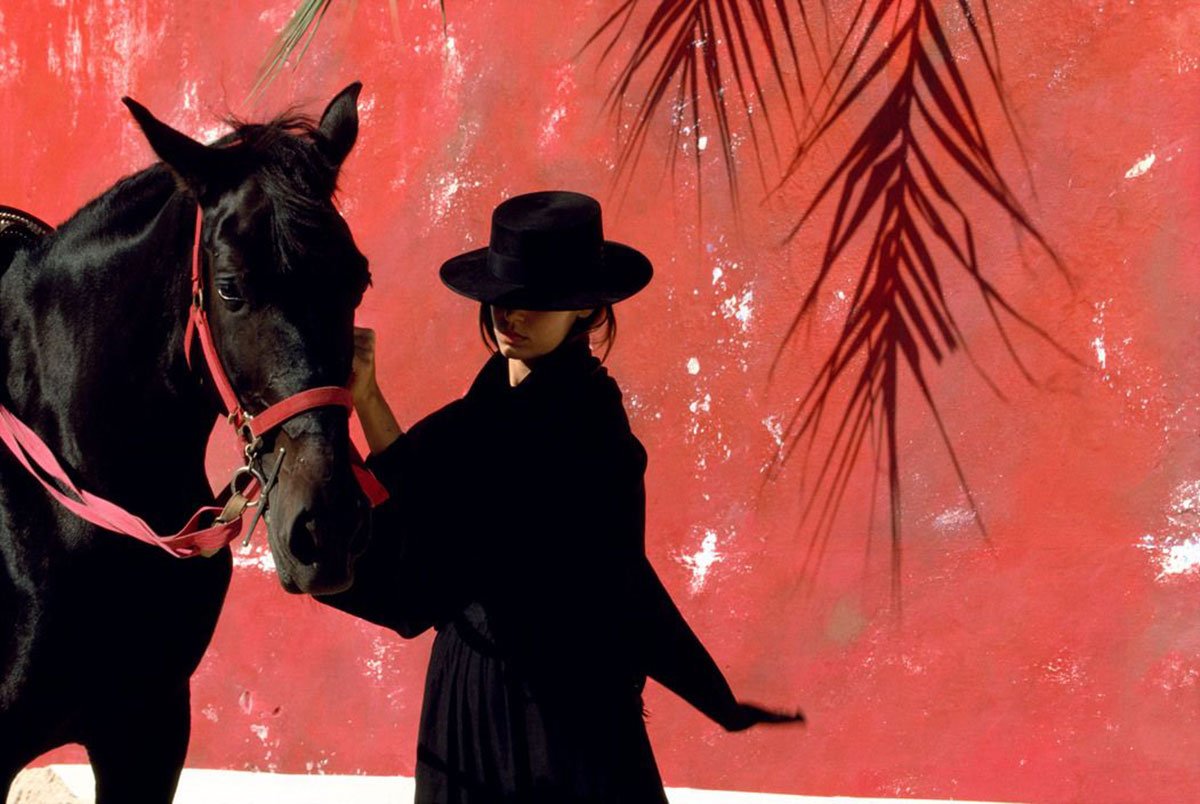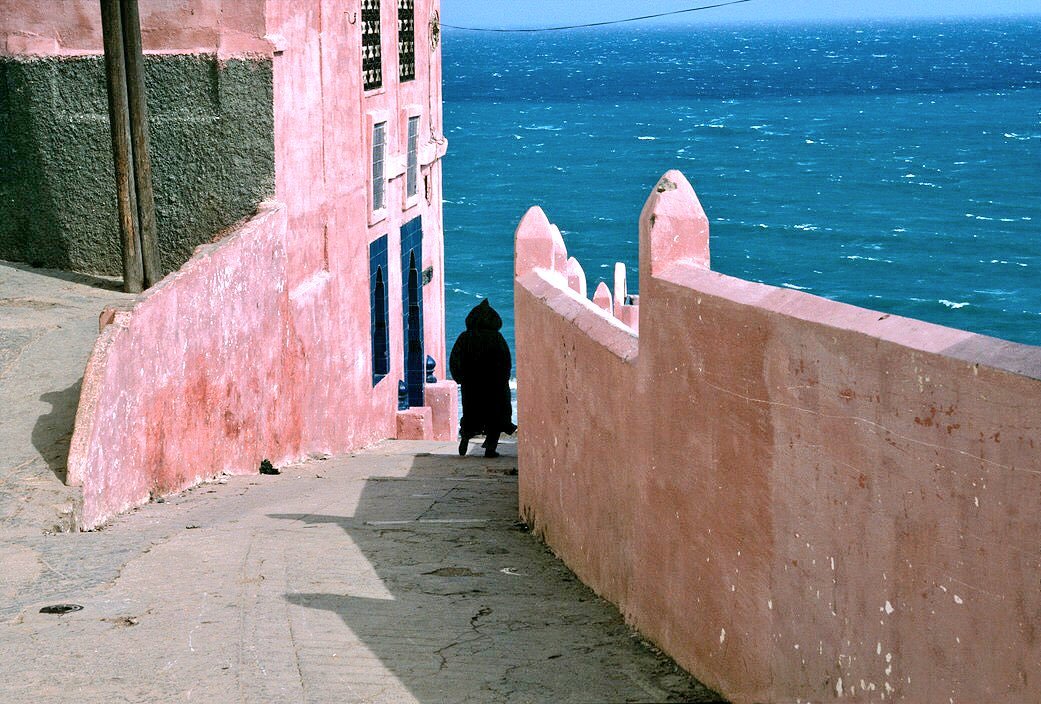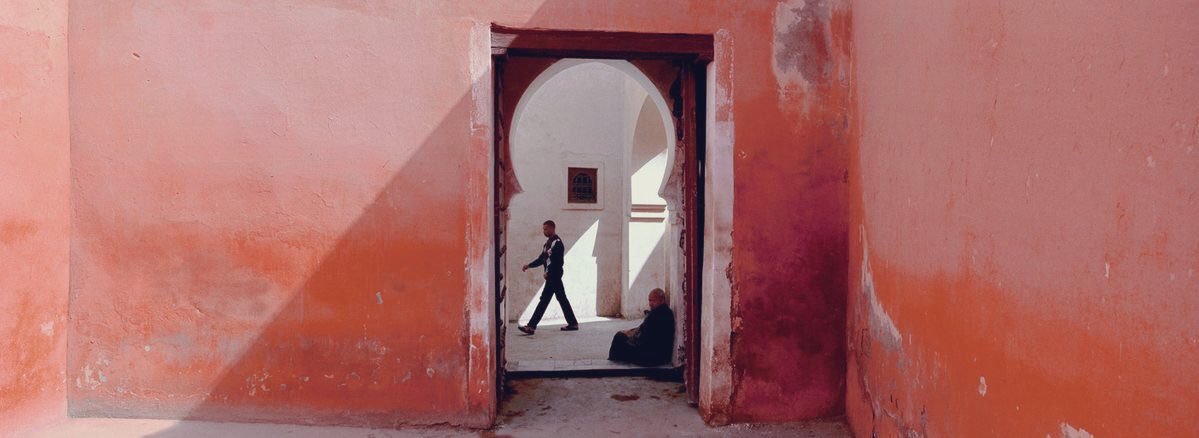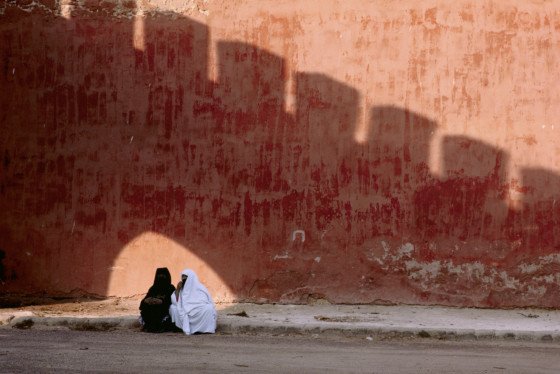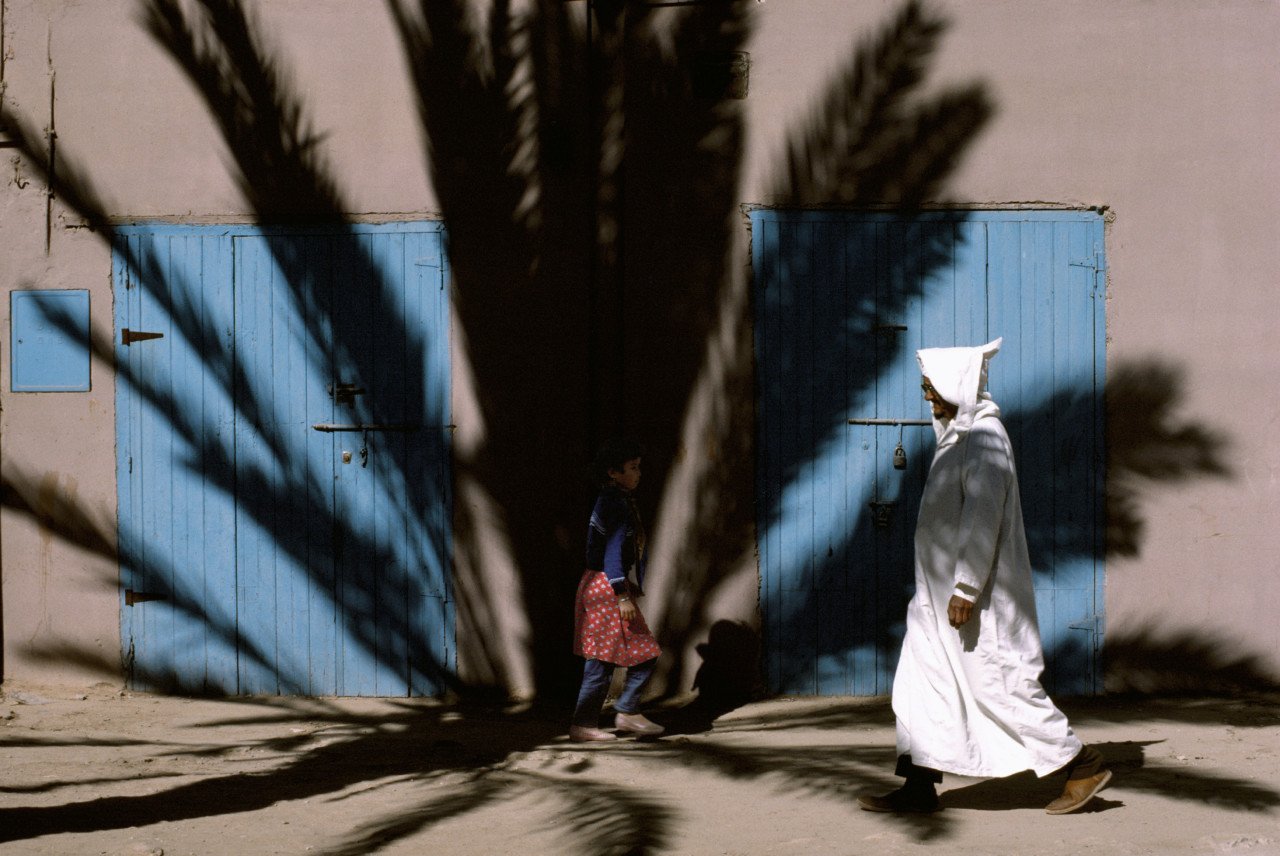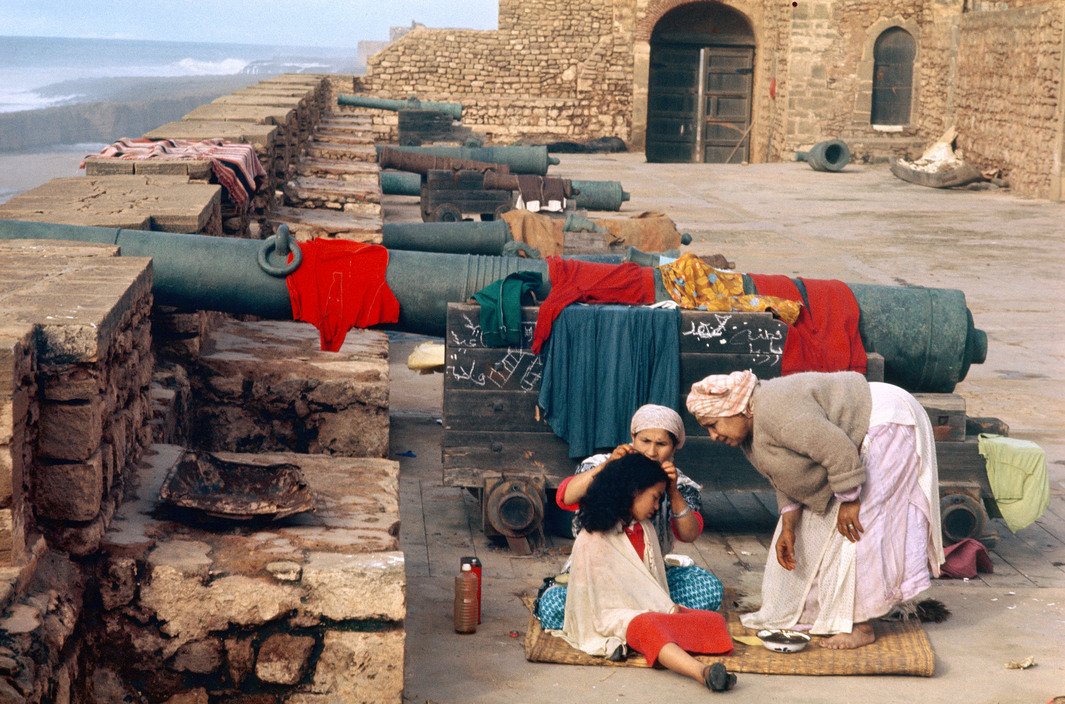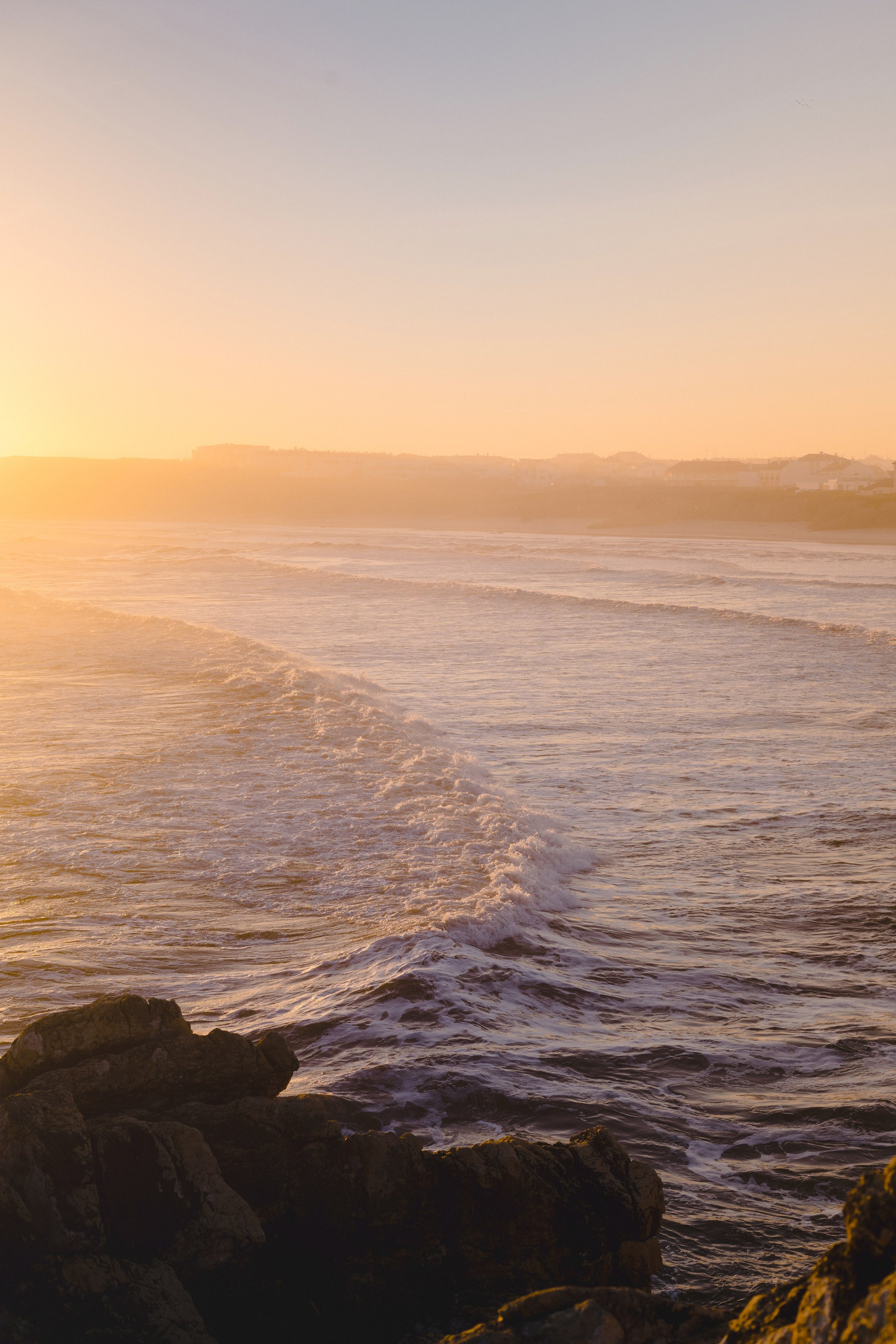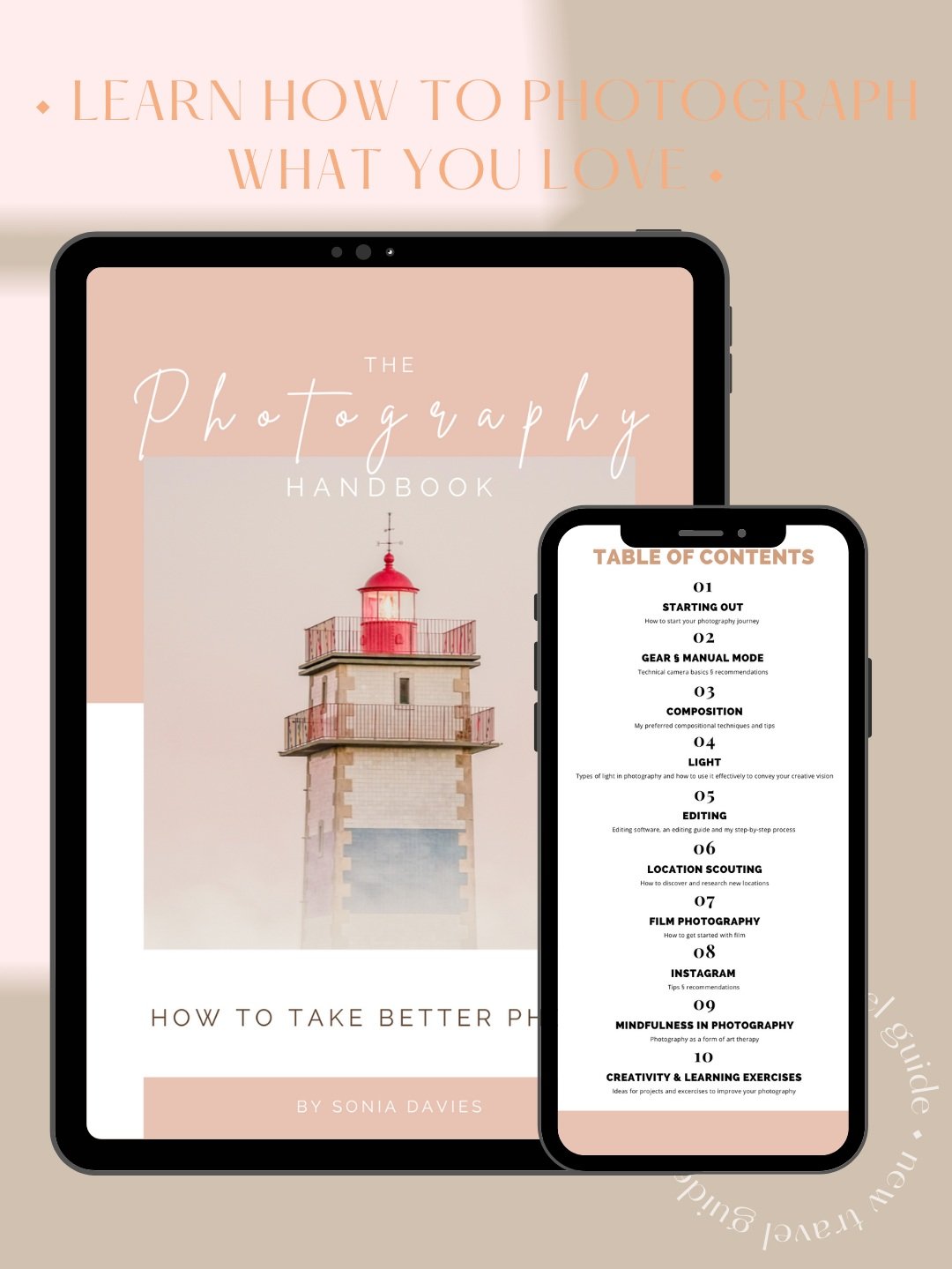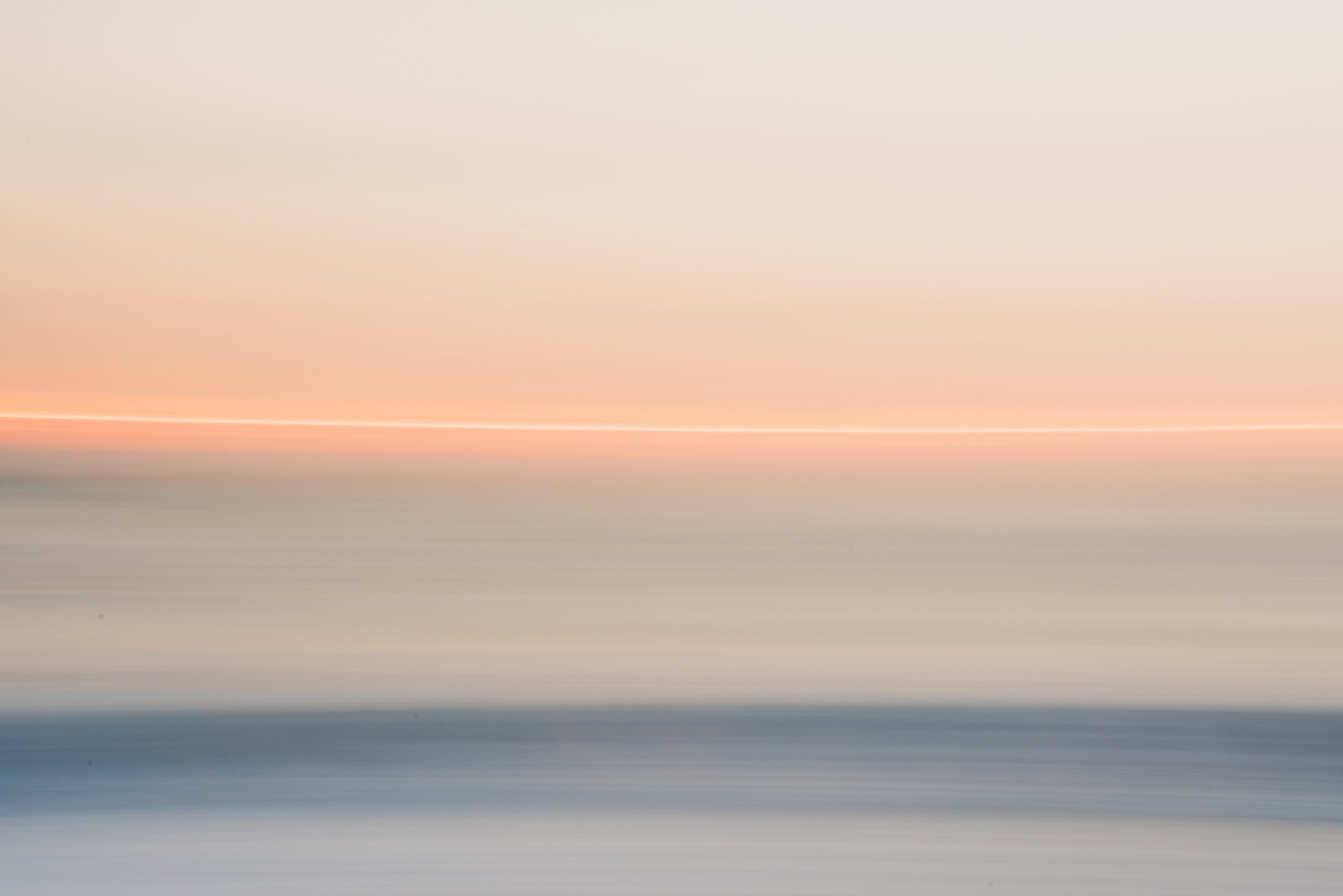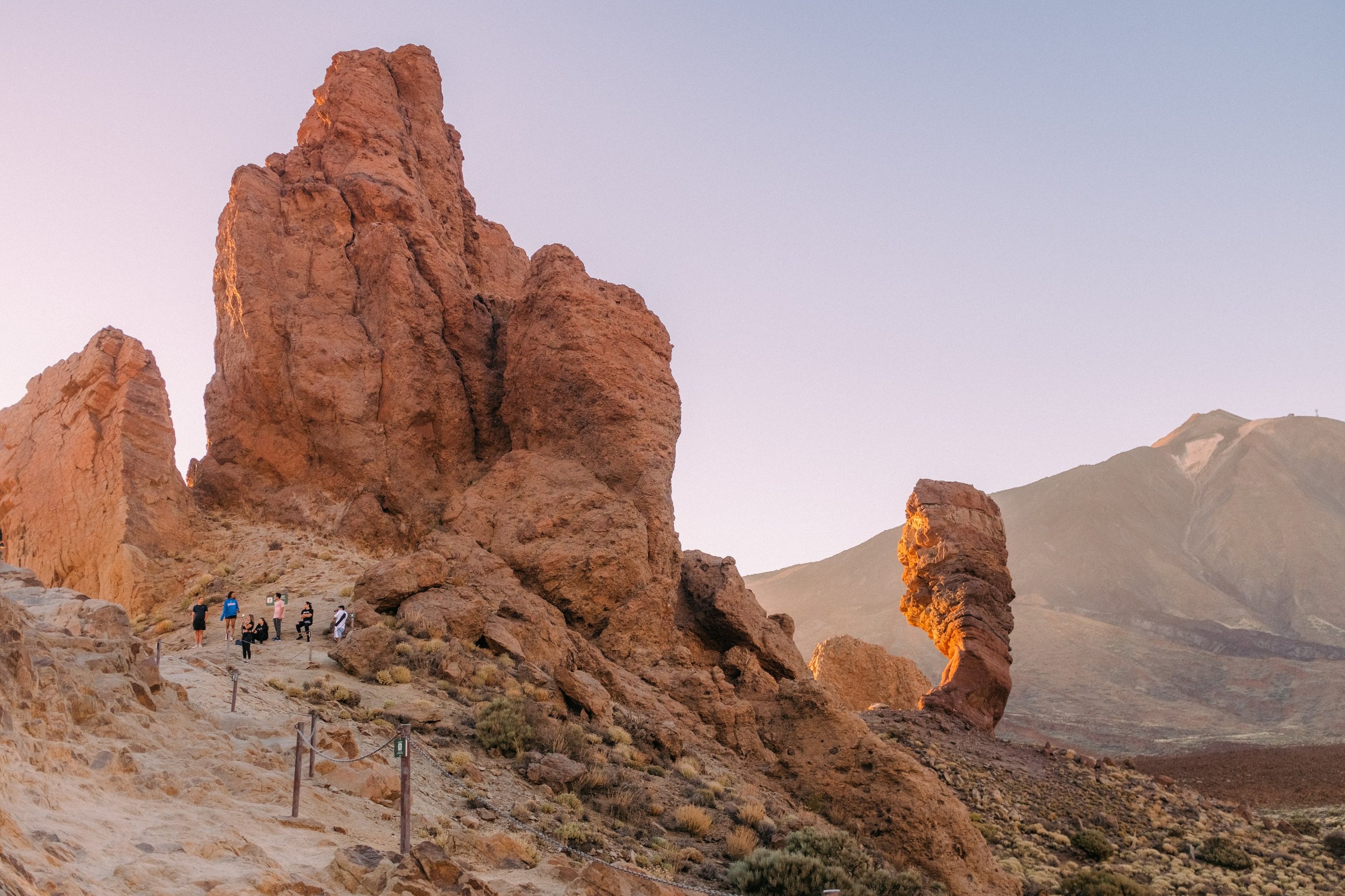Best Ways To Learn Photography Online
how to Learn photography and make the most of the wealth of information available online
Photography is a constant learning process that doesn’t simply stop when we learn how to use our camera in manual mode. Learning and following gear and tech developments is only a small part of it. What requires the most time and continuous work is our creative development. The bar to creativity in photography seems to be rising with every year, so the learning process is a continuous effort regardless of whether one is a professional photographer or a photography beginner.
Even professional photographers at the height of their careers need to continue developing their technical knowledge, creative approach and editing techniques. Constant learning and improving are at the core of being a photographer, so remaining open to new ways of photographing and seeking ways to stay innovative is the key to longevity and motivation as a photographer.
When I am stuck on something technical, Google is the first place I go to, followed by numerous “How to….” Youtube videos.
For creative inspiration, I like browsing old National Geographic magazines. My family has kept quite a few going back to the 60s, 70s and 80s, and they are fascinating to see. Alternatively, a few feature accounts on Instagram (such as amareazul, slow_roads and tropic_of_capricornn) are inspiring places to discover wonderful old photography. There is something about these old analog photographs that just feels so perfect. Their compositions and their light are a constant inspiration for me. The latest discovery that I’m completely obsessed with is Bruno Barbey. His Portugal and Morocco series is a dream!
A wealth of knowledge is already available to us online; we just need to know where to look. As someone who has already spent years trying to find the best online sources for learning photography, I put together a list of education photography resources for those looking for new ways to improve their photography or just get a boost of inspiration.
These are not the only ways to learn photography, just suggestions from my experience on what I have found to be the most useful methods that tie in with the eBook I am offering, alongside the sources where I get tips and advice. So have a look, read through it, and hopefully, find something that suits your learning style.
Learn photography via your camera brand
Most camera brands have dedicated education websites that offer guidance in various ways, with lots of technical info and tips on how to use their camera gear, alongside creative development articles and features of the work of photographers using their gear. Apart from the online resources offered by the camera brand, frequently, there are in-store workshops or information sessions as well as their own Instagram community.
I use Fujifilm gear, and they offer a variety of programs through their online ‘Learning Center’ and in-store workshops. The Fujifilm House of Photography in London offers a huge studio space to hire equipped with the best Fujifilm gear, or you can also loan Fujifilm gear for the weekend free of charge. Their Fujifilm School offers in-person tuition and courses, photo walks and experience days.
Learn photography with free photography tutorials + video
I don’t know what we would all do without Google, right? We’ve all been there, trying to solve some silly obscure problem that miraculously google always has the answer to within seconds. When it comes to photography, Google is a never-ending well of information. Everyone wants to share what they know, from universities, schools, brands, bloggers, photographers, experts, and enthusiasts, so you can really find anything online for free.
Youtube is an even better resource of free online content on how to learn photography and every other possible photography-related question you may have. I’ve learned the history of photography, astrophotography, editing tricks and many other things from Youtube videos. Many camera brands will also have a full library of educational videos on their page. If you’re keen on landscape photography with Fujifilm gear, Andy Mumford’s incredible channel is dedicated to it.
I know it can get quite overwhelming when you browse and are hit with millions of google search results or YouTube videos, but don’t rush this process. Take your time to browse through the results and see what resonates with you. Once you find the person or the source that resonates with you and your learning style, the process of learning will then be much quicker and more enjoyable.
Photography blogs fall under this category too. It takes a bit of time to research and find a blog that you like learning from, but there are tons out there, so keep searching and once you find them, save them so you can come back to it for new content. My favourite blog so far for Fujifilm gear reviews has been THIS ONE . Unfortunately, it isn’t so active anymore, so I am searching for a new one too.
And let’s not forget Adobe’s own tutorial blog. If you are a photographer then you most likely use some of Adobe’s amazing software for editing your photos, whether that is Lightroom, Photoshop, Adobe Express or their mobile apps. I have an Adobe Creative Cloud account and my main tool for editing is Adobe Lightroom Classic. When I need a quick edit on my phone I use their Lightroom app. Some people prefer Photoshop for editing, but I personally find Lightroom suits me better for my photo editing needs. When I am stuck on any technical issue, the Adobe Lightroom Tutorial Blog has every topic covered. So I highly recommend you head there for editing tutorials.
Learn photography with Workbooks + Ebooks
If you love learning solo and at your own pace, taking the time to go through the material slowly and having the freedom to do assignments and come back to things when you want to, then downloadable content might be the best learning option for you. This is totally how I learn. I don’t like scheduled time slots and group learning, so having total freedom over what and how I learn is my preferred method.
Amazon is packed with a vast choice of photography-related ebooks, but many photographers like myself are self-publishing their Ebooks too. It may not seem like much, but supporting a photographer by purchasing their ebook means they do a little happy dance when your order comes through, so have a look around and check if any of your favourite photographers are offering educational ebooks.
I am slowly building an online library of workbooks and ebooks, the latest one being The Photographers Handbook - How To Take Better Photos, filled with ten chapters of valuable information that will help you on your creative journey to achieve the results, aesthetic and goals you desire for your photography. Editing, light, composition, location scouting, Instagram tips, film photography, and more. There are also creative challenges inside to help you further develop your technique and creative vision.
Online Photography Courses
If you enjoy more guidance and structure (as well as social learning) than a simple google or YouTube search, then an online photography course might be for you.
Learning online feels like having the world's biggest library in your hands and much more. I am pretty sure there is an online course for any topic you might want to learn. Perhaps you are in control of the technical side of photography but want to learn more about how to turn it into a business. Or do you want to learn how to set up a print shop? Maybe you want to know how to edit in a certain style? The best part is that you don’t have to be there in person. Most online courses come with video content and downloadable worksheets you can do wherever you are in the world.
There are a few online learning platforms that I trust and return to whenever I want to learn something new. The first one is Domestika. I have done a few different courses here, from painting and 3d design to photography, and they were all worth it. The other two online learning platforms I like are Skillshare and Udemy.
Experiment
We humans learn best by doing things and feeling things ourselves. How often has a friend tried to warn you about something and told you not to do it? However, for most of us, doing it ourselves and feeling it with our own hands/head/heart (and succeeding or failing) is the most common and steadfast way we learn about life.
An instructor and a book can suggest how to do something, but until you get comfortable experimenting, trying and failing with your camera, you will never learn how you can use it as an extension of your creative vision.
Learning photography is about experimenting, so get out with your camera and play with the light, the compositions, the F stops, shutter speed, and iso settings and see what happens.
Have you ever wanted to create those creative minimal photos where you move the camera to create a blur? Instead of reading about it online, this time, just go out and experiment, trying to work it out for yourself. It is incredibly rewarding!
Photography Class + Photo Walks
If you are extroverted and thrive in social and group settings, then an in-person photography class and photo walks might be your most suited learning style.
Depending on where you live, most local photographers host workshops in a particular theme or style. Photo walks are also becoming increasingly popular, especially if you live in an area where tourists often visit. I live in Lisbon, so choices are abundant for photo walks around the city. Photography classes done out in the field (not in a classroom) are the best, in my opinion. Again this links to the previous point of practically ‘doing’ things, but this time within a group setting led by an instructor. The benefit of this is that you get instant feedback from your instructor. However, the downside is that they cost much more than an online course or ebook.
Practice
Once you’ve done all your photography courses, ebooks, articles and research, it is time to get creative and start practising. It is important to remember that just by doing a photography course, you won’t wake up the next morning suddenly being a professional photographer. It takes time, patience and a lot of practice! Often we approach a new skill with the attitude that we should nail it right away. The reality is it takes six months or more to learn a new skill. But don’t get discouraged because every day you practice, you are a step closer to mastering the new skill. One last thing, remember to reflect on your progress, what you’ve learned and what you still want to accomplish.
“Before we too can move mountains, we must learn to walk the daily grind, one quiet step at a time. We must learn to serve before we can lead.” - Sebastien Richard

